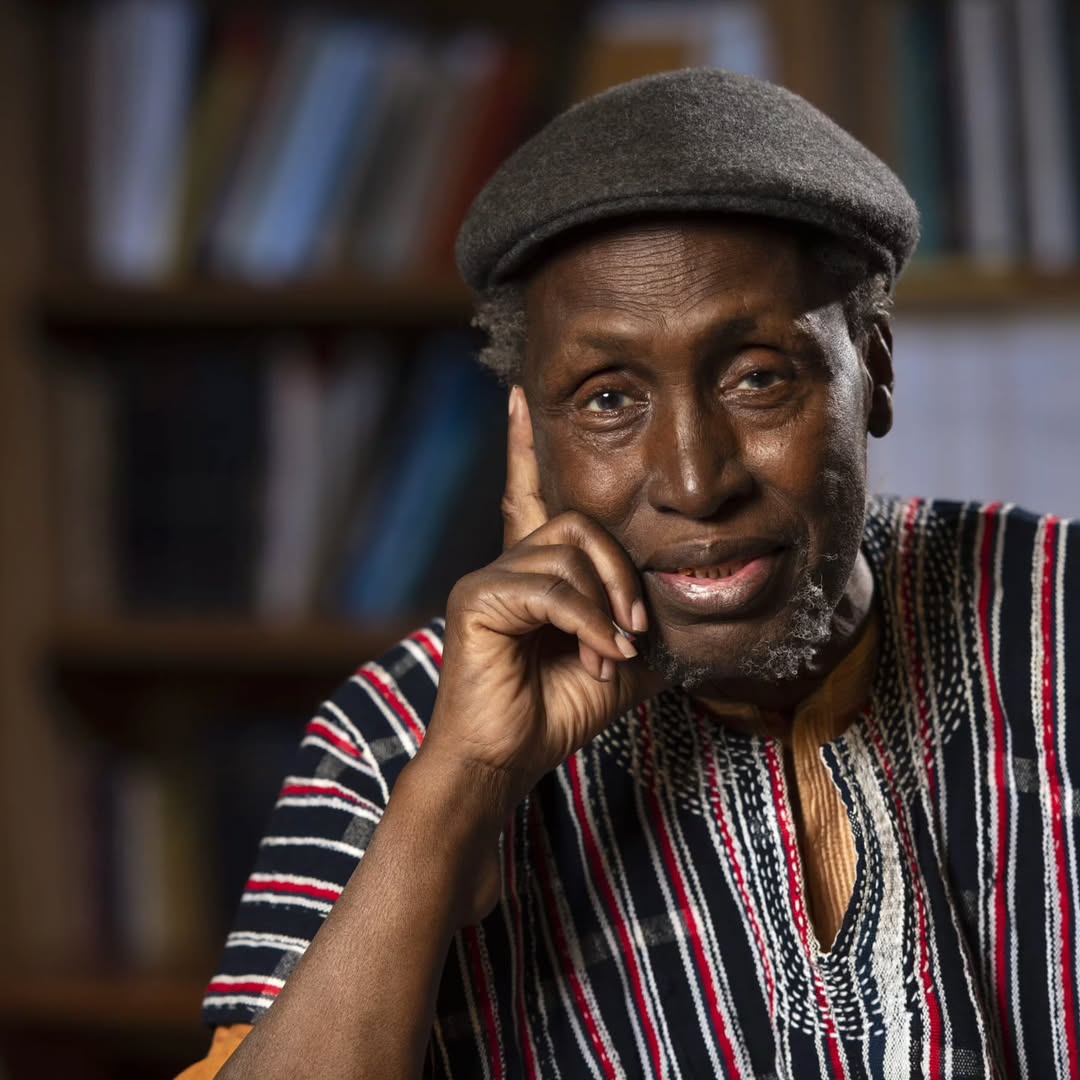Literature
Renowned African Novelist and Language Activist Ngũgĩ wa Thiong’o Has Passed Away
Ngũgĩ wa Thiong’o, iconic novelist and champion of indigenous African languages, has passed away at 86. His legacy shaped generations.

Photo Credit: Chika Okeke-Agulu/Instagram
Celebrated Kenyan author, scholar, and one of Africa’s literary giants, Ngũgĩ wa Thiong’o, has passed away at the age of 87.
His son, writer and professor Mukoma wa Ngũgĩ, shared the news in a post on X (formerly Twitter), writing: “It tears my heart to say that my father, Ngũgĩ wa Thiong’o, passed away earlier today. I am me because of him in so many ways, as his child, scholar and writer.”
Born on 5 January 1938 in the village of Limuru, Kenya, Ngũgĩ’s life was deeply shaped by the colonial period he was born into. He came of age in a time of great social and political upheaval, and those early experiences would go on to shape his lifelong dedication to writing, teaching and activism.
Ngũgĩ’s career spanned over six decades, during which he became a leading voice in African literature, known for boldly exploring the legacy of colonialism, the importance of language, and the ongoing fight for cultural identity and justice.
His debut novel “Weep Not, Child” (1964) made history as the first English-language novel to be published by a writer from East Africa. He followed it with “The River Between” (1965), “A Grain of Wheat” (1967) and “Petals of Blood” (1977). Each work deepened his critique of colonial and post-colonial systems. In 1980, he released “Devil on the Cross”, written entirely in Gikuyu while he was in prison as a political act of resistance.
But Ngũgĩ was more than a novelist. He was a passionate advocate for African languages and decolonising knowledge. In the 1970s, he renounced his English name, James Ngugi, and the English language as tools of colonialism. He began writing exclusively in Gikuyu, his mother tongue, insisting that language is key to liberation.
His impact extended into academia too. While teaching at the University of Nairobi, he led efforts to restructure the curriculum to focus on African literature, both oral and written. He later taught around the world, from Makerere University to Yale and the University of California, Irvine, where he continued to champion African voices and thought.
In addition to his novels, Ngũgĩ wrote essays, plays, children’s books and even short stories that reached global audiences. His short story “The Upright Revolution: Or Why Humans Walk Upright” was translated into more than 100 languages, showing just how universal his storytelling was.
Ngũgĩ wa Thiong’o will be remembered for the power of his words and the courage of his convictions. He challenged systems, celebrated African culture unapologetically, and taught generations of writers to embrace their languages, stories and histories.
























